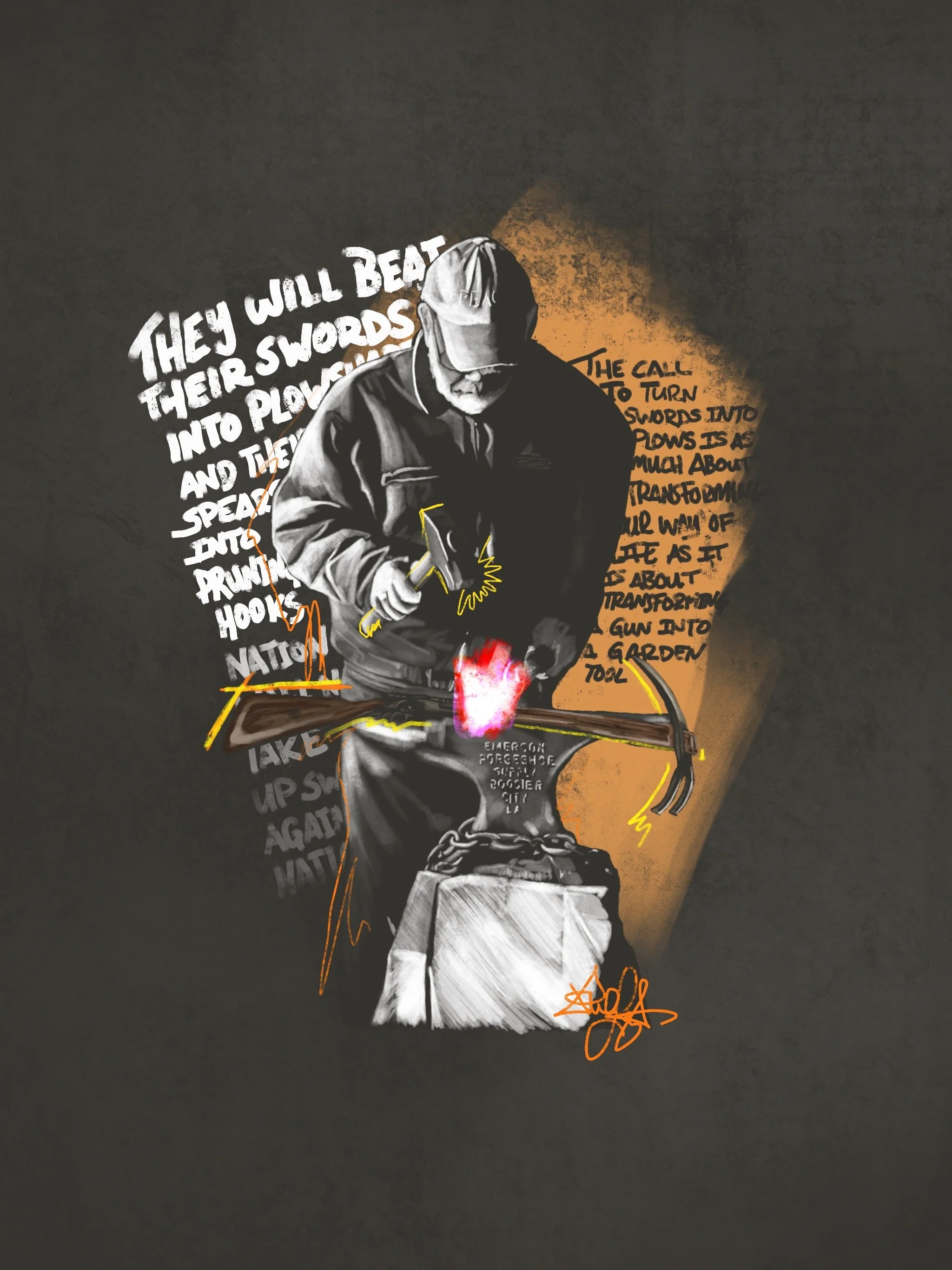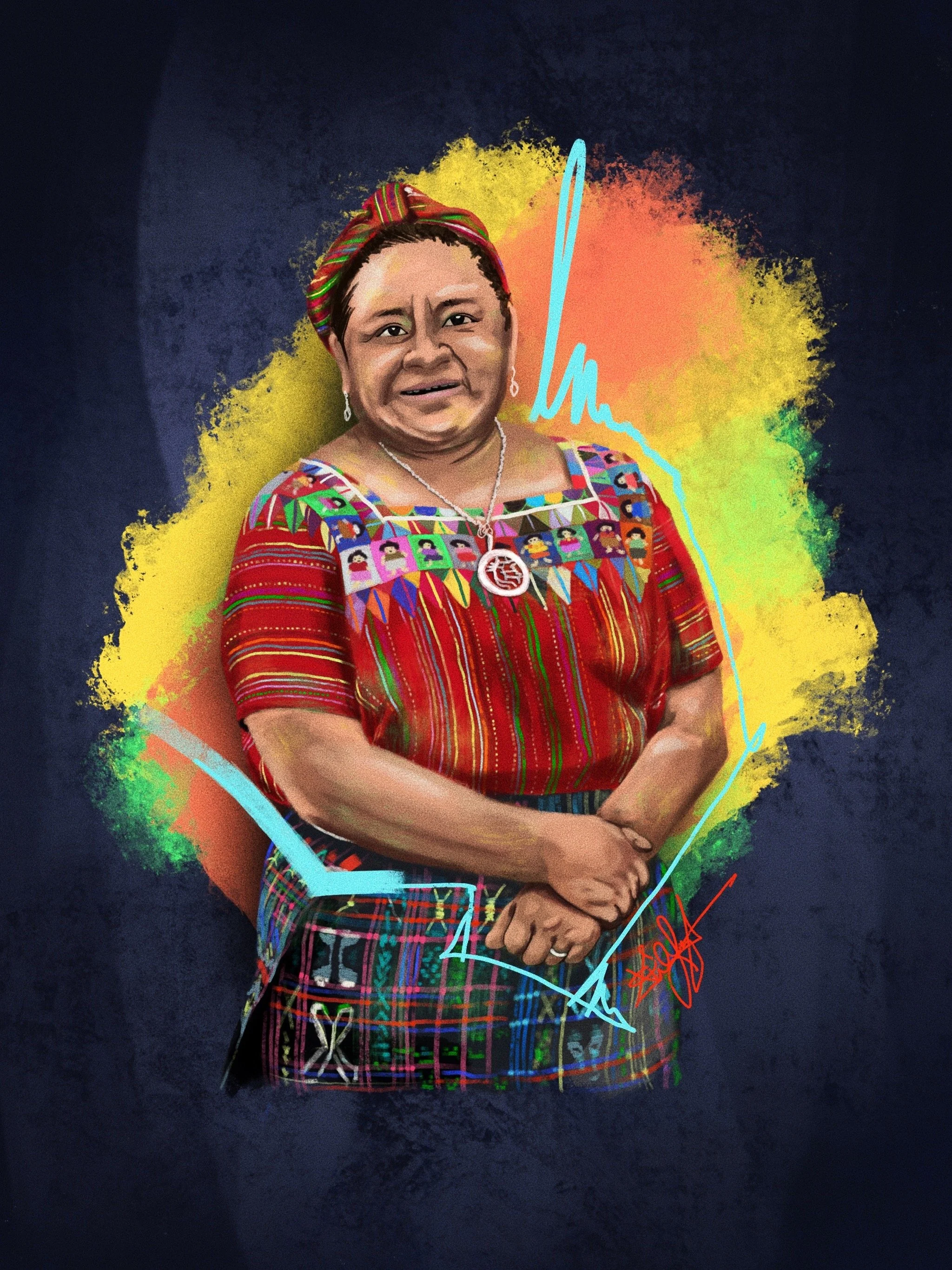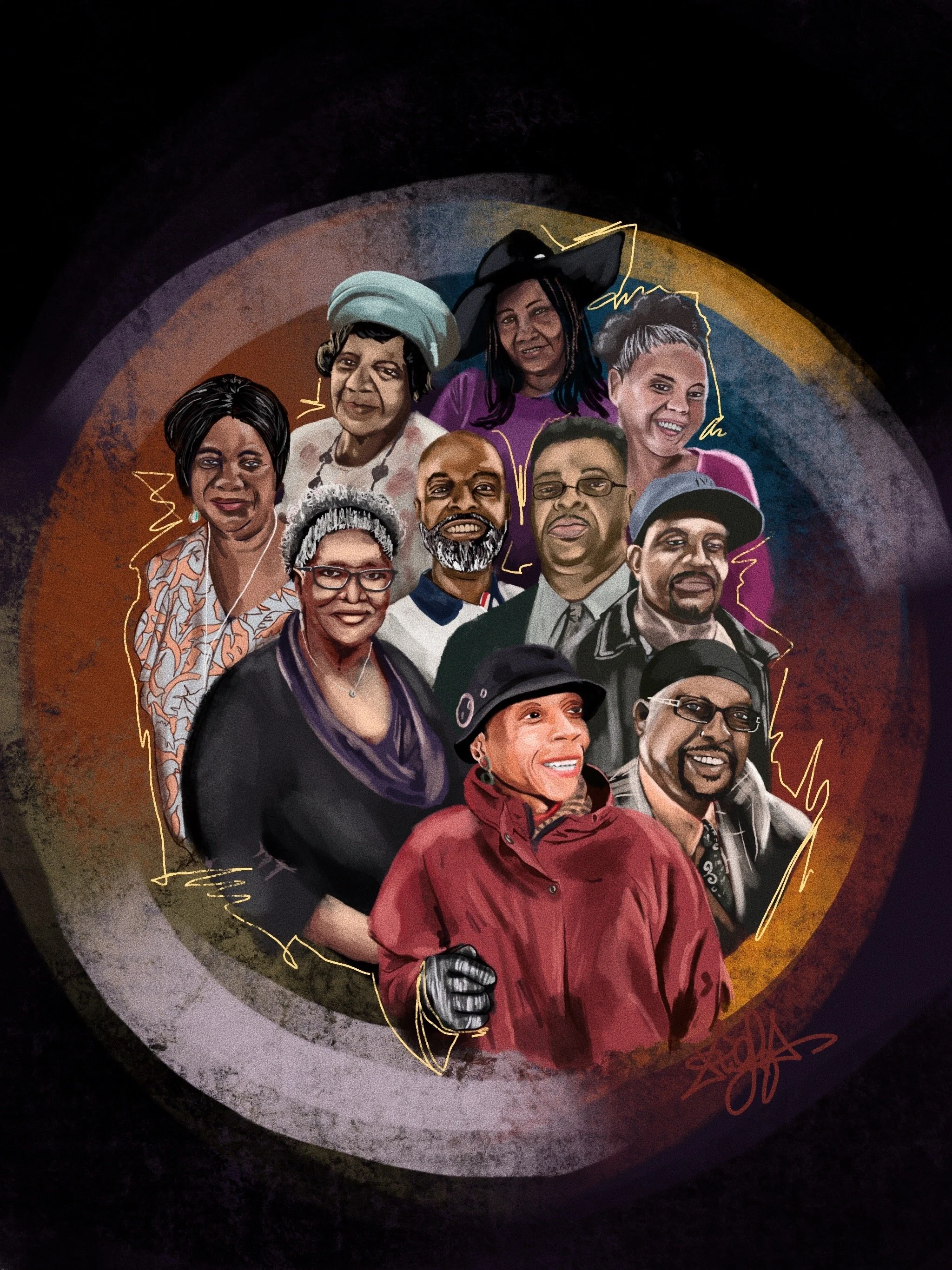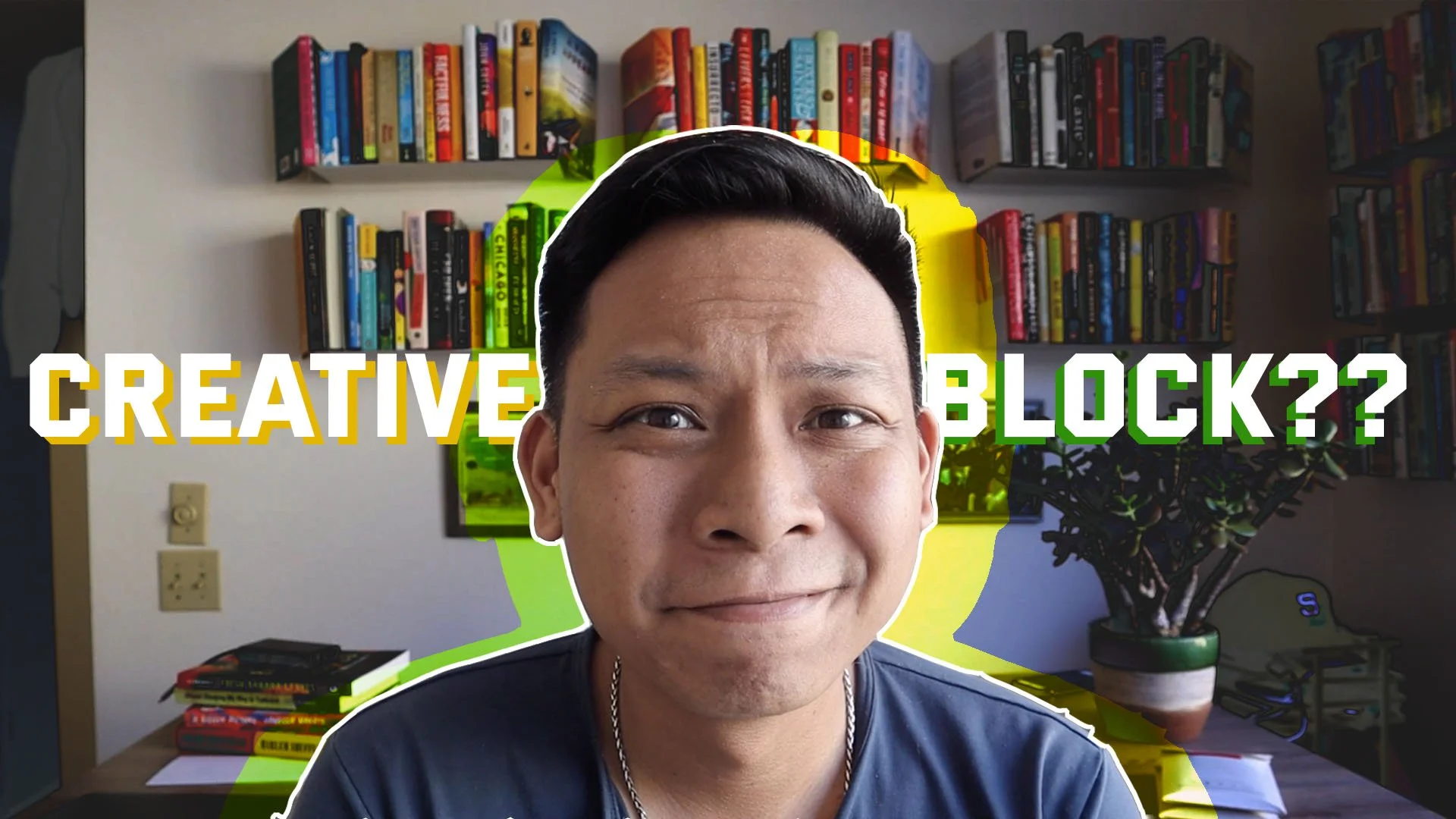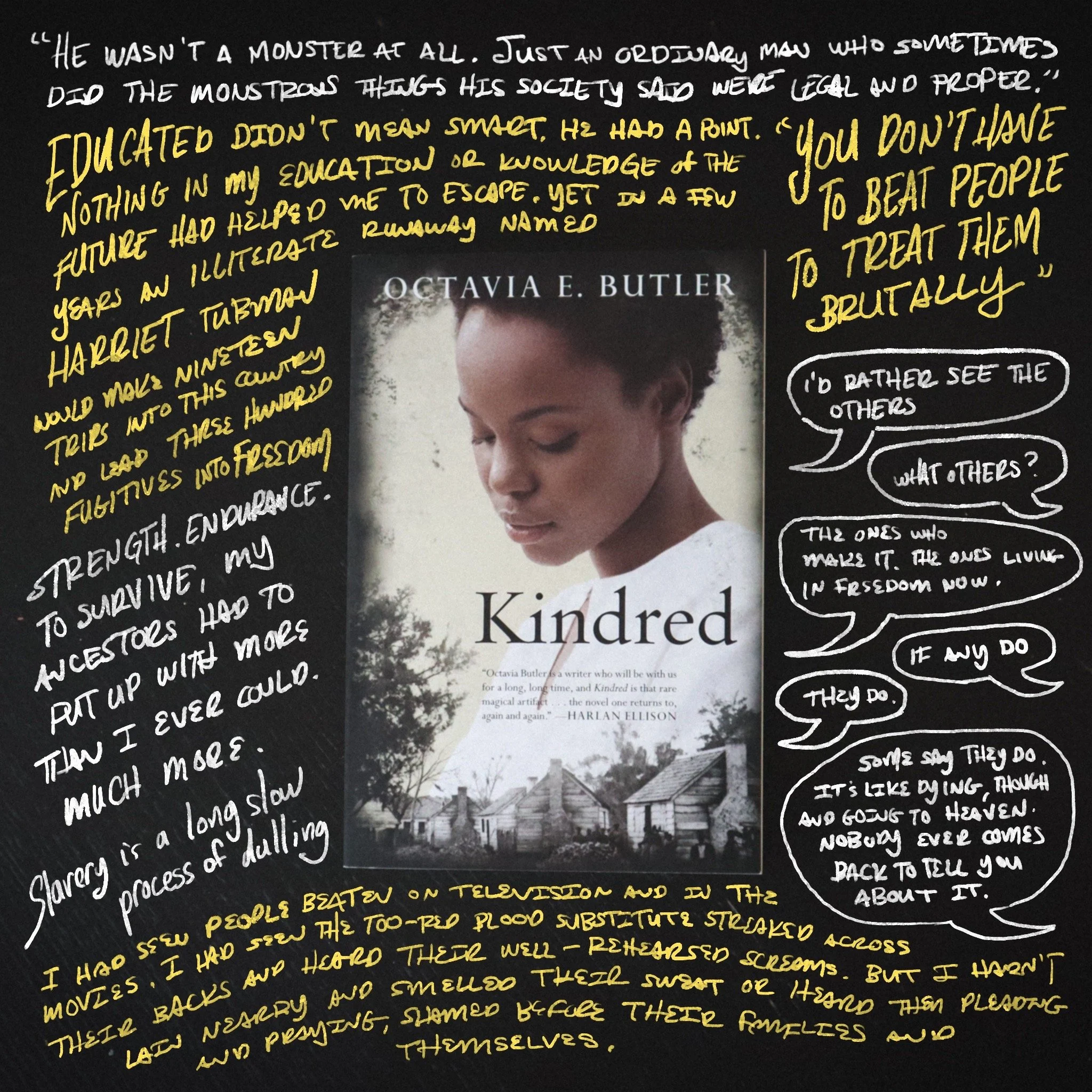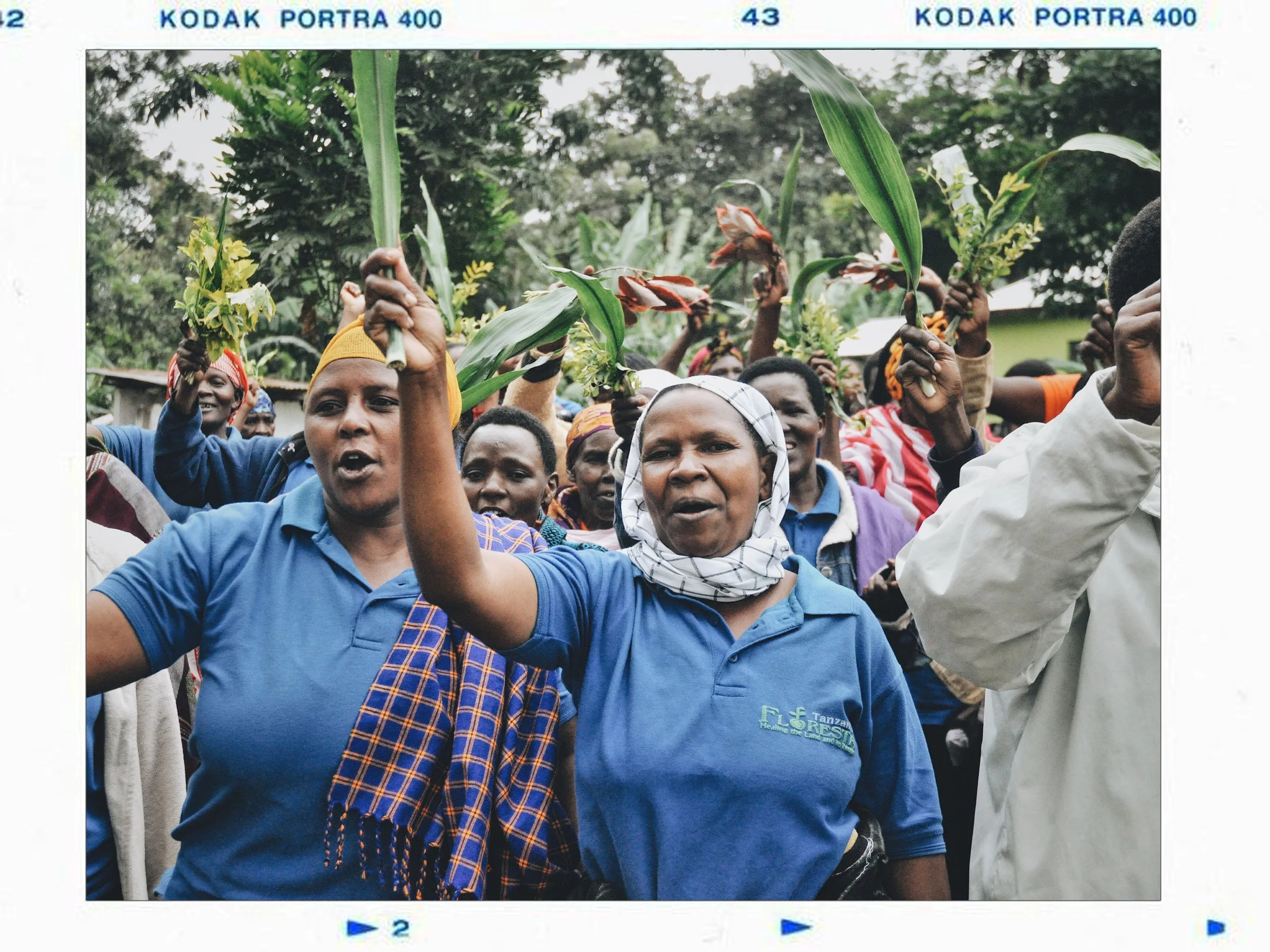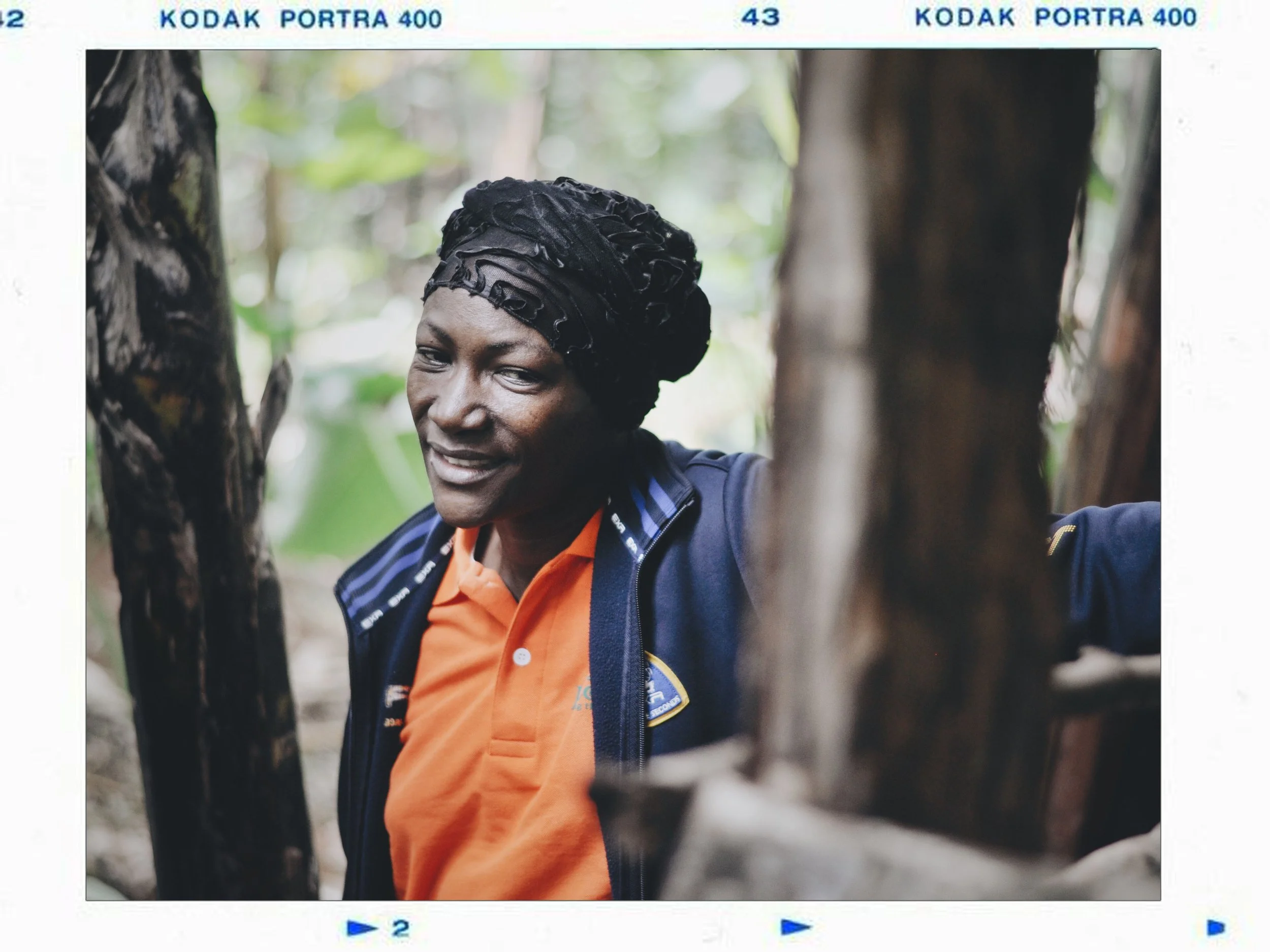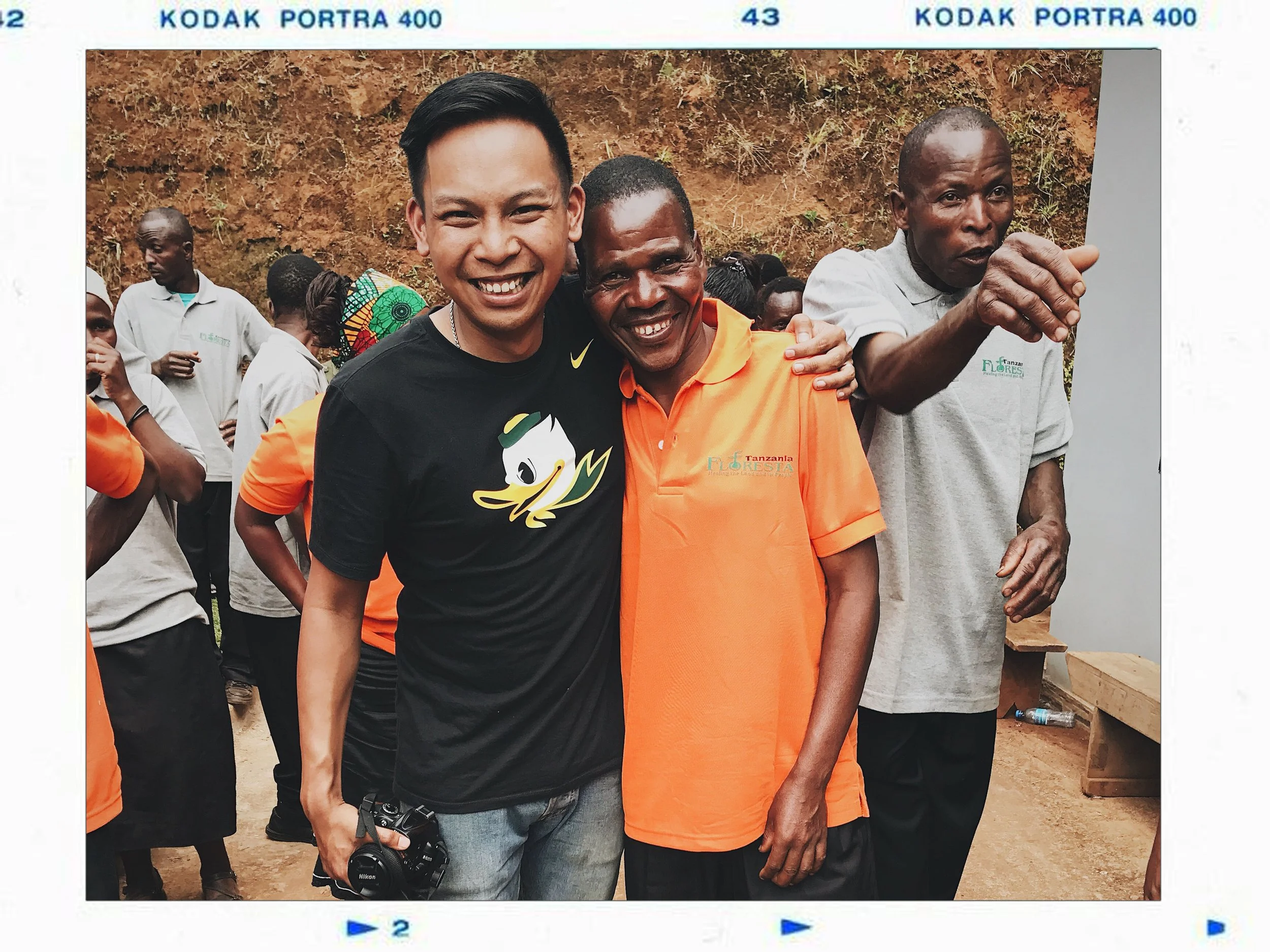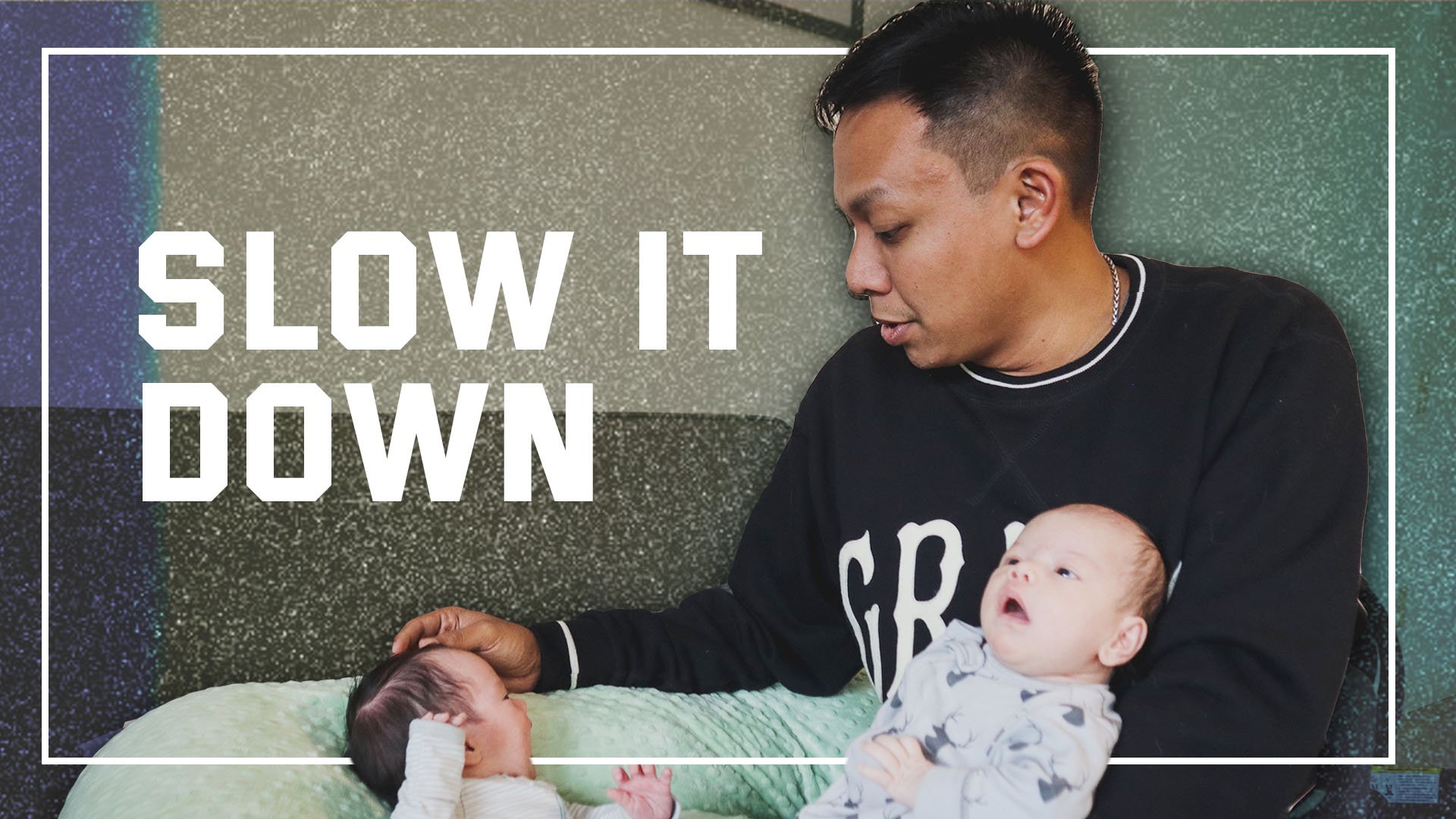“Violence is often the instrument of those who are impatient, those who lack imagination, those who cannot wait on justice or freedom or redemption.”
–Beating Guns
•••
When you look at what places like Scotland or Australia have done following mass shootings, it look like the behavior of people who’ve truly mourned the loss of lives. Who recognize the dignity in everyone gone too soon. It’s not some philosophical debate. It’s a practical matter of protecting lives. And I’ve always envied that sort of action in my own country.
Our history, however, has been more shaped by incrementalism. That’s frustrating, and deadly, even. But every moment where it seems like walls are about to come down only happens after years and decades of people steadily pushing against it.
Two things can be true: the small victories won along the way are worthwhile AND they’re no finish line. But, if they move us towards saving lives, like the data shows, they’re definitely worth celebrating.
And one more thing is true: It all starts with being to imagine a different way, which is why I appreciate the work of Raw Tools- literally beating swords into plowshares by turning guns into gardening tools. And when you see that vision turn into victories along the way, it reminds you that sometimes the only thing stopping us is us.
Make Life Match Your Priorities
Ever hit a little crossroads in life that makes you think twice about whether or not you're spending your days the way you would like to? Sometimes this comes all of a sudden after an unexpected loss, but this can also come in the form of a more pleasant surprise too.
So often we think of our goals in terms of accomplishments and titles... in other words, we think about what we would like to *have done* rather than what we would enjoy waking up to do again and again.
Here are a few ideas and exercises you can use to let your life better reflect your priorities:
✴️ Thinking about what your ideal 24 hours will look like. This helps you think about the day-to-day life you would love living, not just the surface of it.
✴️ Asking yourself what you would do if money were no obstacle. (Or time, or any other obstacle that interferes.) You never know when these obstacles may disappear in some way... best to be ready for that!
✴️ Draft your own obituary. I know this one sounds morbid and maybe it's not for everybody, but I find a lot of clarity comes from really-big-picture-thinking, like imagining what you want said about you when it's all said-and-done, and investigating if you're living your life in that direction.
✴️ Picture yourself in that climactic scene in the movie Soul and curate the moments that just make sense to you. The kinds that you know point you in the right direction.
Do you have any practices that help you find clarity?
Rigoberta Menchu
Almost 2/3rds of Guatemala is indigenous and its Mayan roots are all over the place once you choose to notice.
However, so many of the country’s fairly recent pains come from the marginalization of its majority- from being excluded from politics to having their natural resources exploited.
I’ve learned a lot about this struggle through the writing of Rigoberta Menchu, who grew up in a small, remote farming village and in 1992 won the Nobel Peace Prize for her organizing and advocacy.
Some of the things she writes about most include faith- building a Church and spiritual community that stands in solidarity with the marginalized, and our relationship with nature.
🌋🌋🌋
Here are a few of my favorite snippets:
“I think that if one's role doesn't correspond to what one says, if one's life doesn't correspond to what one preaches, if one is not true to one's people, someone else will come as a substitute.”
“This world's not going to change unless we're willing to change ourselves.”
“To be a light to others you will need a good dose of the spiritual life. Because as my mother used to say, if you are in a good place, then you can help others”🫘
“Our reality teaches us that, as Christians, we must create a Church of the poor, that we don't need a Church imposed from outside which knows nothing of hunger. Together we can build the people's Church, a true Church. Not just a hierarchy, or a building, but a real change inside people.”
The Buffalo Ten
By the time I finished drawing a tribute piece to the fallen in Buffalo, it happened again.
This time in Texas. This time with children. Almost ten years after one of the most tragic days I’ve lived through… in Connecticut with children.
I don’t know what more can be said… those with the ability to do something don’t listen. Don’t act. Like Amanda Gorman puts it, “it takes a monster to kill children, but to watch monsters kill children again and again and do nothing–it’s inhumanity.”
My mind goes back to the animated short I saw years ago, of parents going through the bedroom of their child shot at school, folding the clothes they won’t wear again, looking through the sports trophies, drawings on walls, and remembering their meals in high chairs… their first complete sentences… their games of make believe.
As much as I try to be empathetic, I truly cannot understand how anybody responds to a week like this one with anything other than the deepest rage-grief that won’t accept anything short of a solution.
To quote one of my favorite theologians, Miroslav Volf, there is something deeply hypocritical about praying for a problem you are unwilling to resolve.
"And when ye spread forth your hands, I will hide mine eyes from you: yea, when ye make many prayers, I will not hear: your hands are full of blood."
Attract an Audience Without Losing Your Soul
I feel like a dork talking about trying to *grooooowww your platform* like Gary V or something, especially with the world being the way it is… but here’s the thing. I would absolutely love to do that. Stories reshape our world. It opens up doors to do more of what I love. And I create stuff that I care about, and I sincerely would love to get it in front of more people.
However… it isn’t easy to do.
And… it comes at a cost.
I truly believe that humans aren’t psychologically built to handle the extreme visibility our modern technology allows. Not only that, but there’s a certain kind of creative freedom you get when you’re creating because you enjoy the process… not just to play for a crowd. You lose a lot of that freedom as the crowd grows.
In my latest video, I’ve shared some of my favorite ideas surrounding this tension.
It’s not exactly how much influence you have… it’s what you do with the influence you have.
The Tape Family
Here’s a bit of Asian American history most people don’t know:
Nearly a century before Brown vs Board of Education, a Chinese American family in San Francisco made one of the first legal pushes towards school integration.
Mary and Joseph Tate tried really hard to assimilate into American culture, but in spite of this, their daughter Mamie was denied entry into Spring Valley Primary School.
The family took them to court and in Tape vs Hurley, both state and federal courts ruled in their favor because all children had the right to education.
The school district was so committed to discrimination that they found a way around the ruling by creating a separate school in Chinatown for Chinese children.
In a sharp letter, Mary Tape drew on Christian rhetoric to hold the district accountable.
“Didn’t God make us all!!! What right have you to bar my children out of the school because she is a chinese Decend”
#AAPIHeritageMonth #MamieTape
AAPI Heritage Month
For a lot of people, commemorations like AAPI Heritage Month or Black History Month aren’t straightforward celebrations. Sometimes they feel like tokenism, lip service, and I get it.
But as someone who hasn’t always widely embraced that part of me, I appreciate having the month as a regular check-in with how I’ve evolved over the past year in integrating being Asian American.
It’s been a loud time.
There have been big wins. The successes of Turning Red, and Everything Everywhere have brought an on-screen visibility I KNOW I didn’t grow up with. At the same time, the perpetual threat of hate crimes isn’t something that quickly abates.
As a storyteller, I know it’s easier to focus on superlatives. And they’re typically worthy of attention. But community is forged through the repetition of ordinary rituals, time after time. Tuesday afternoons at the 99 Ranch. Karaoke nights in Little Saigon. Browner shades in kids books. Calling cards and remit centers. B-Boys on TikTok. Pounding breadfruit to make poi.
The story keeps going. Keeps writing itself. And while I’m stoked on Shohei and Simu and Squid Gamers… I also know it’s being written by multitudes.
Finding Meaning in Everything Everywhere All At Once
I never meant to have a channel where I dive into shows and movies and such, but I am a bit obsessed with storytelling and culture and connecting the dots to find meaning, and so here I am for a fourth time to dive into the themes, layers, meanings and all that goes into a story I love. (Anyone know the other three titles I've covered before? It's Raya and the Last Dragon, Ted Lasso, and Maya and the Three.)
This time around, the layers of meaning and significance in Everything Everywhere All At Once are so rich and expansive that I think pretty much anyone who watches it will find something personally meaningful that's a little unique.
For me... any story that revolves around a character taking a leap of faith to step into a situation that seems bleak, hopeless, or impossible and finds a way to make life a deliberate choice sinks in pretty deep. In this case, the bleak situation happens to be an all-consuming nihilistic fatalism, depression, and sense of rejection that reminded me a bit of things from my own life I've had to work through.
I think this is my longest video to date, and I dive a bit into the world of philosophy, my own personal journey, and interesting tidbits of the movie to highlight how I found such rich meaning in Everything Everywhere All at Once.
Ke Huy Quan
Over the past couple weeks, I’ve been listening to any podcast featuring any person involved in making Everything Everywhere All At Once, meaning I’ve heard Ke Huy Quan tell his story several times and man… it feels all too familiar.
This guy was Data in The Goonies and Short Round in Indiana Jones, but after he grew out of the cute-Asian-kid role in the 80’s? Nothing. Roles for Asian actors in the time I grew up in were so few and far between. The moment he realized how much he loved acting and how much he wanted to keep being in stuff was about the moment his phone stopped ringing. He started working more behind the camera where he’d stay until very recently.
It reminded a bit of how my own path to storytelling took a very indirect route, and thinking about what opportunities I could and couldn’t get set that path into motion.
After seeing Crazy Rich Asians, Ke Huy Quan felt that odd combo of FOMO-plus-inspiration to get back in the game. Love the way he put it: he paved the way for a new generation of Asian-American actors so they could pave the way for him to come back.
Glad that his big comeback was a role that let him cover so much ground and play several characters across different genres, because we’ve got decades to make up. Think of the possible roles we missed out on!
Everything Everywhere All At Once
Laundry and taxes, but make them make your heart burst open.
I probably come across as an optimist. Someone who believes in purpose, in the deep interconnectedness of everything and finds ways to play with those connections.
At least I hope I do, because I think that would be an accurate impression.
But it wasn’t always like that for me.
In my late teens and early 20s I used to be bothered by the idea that nothing really mattered. It was this whole Ecclesiastes-like journey of wondering why we spend so much energy to get paid, buy food, and pay rent just so we could do it again the next day. Seemed like an endless cycle to me.
Sometimes ‘what is the meaning of life?’ can feel like a cliched question but for those who’ve grappled with it, you know it’s a real thing.
But I think those who’ve confronted it fairly, who’ve wrestled with the question to find purpose know, the view on the other side is something else.
This is one of the reasons I am obsessed with Everything Everywhere All at Once right now. That and all the parts that feel like parenthood in a nutshell, the honoring of kindness as a necessary strategic strength, and the Asian immigrant story that reminds us of how we all contain multitudes.
Crowns of Resistance
The way people care for, style, and decorate their hair tells so many stories about the world.
In pre-French-colonial Vietnam, most men would grow their hair extremely long- waist length. It’s a practice of maintaining one’s original hair as a sign of respect to parents that likely came over with Confucianism during Chinese occupation.
In Madagascar, Malagasy women would leave their hair unbraided during a time of mourning… but if an especially revered elder were to pass, men and women would shave their heads.
In Fiji, hair commanded respect. Touching an leader’s hair was considered a massive offense, as missionary Thomas Baker found out the hard way. Today the buiniga- a Fijian afro- and its styling comb serve as big symbols of resistance to colonialism.
The diversity of hair around the world could be an invitation for appreciation and wonder, but so often it becomes a battleground for policing who belongs and who doesn’t. Here’s hoping for the Senate to soon join the House in passing @thecrownact to prohibit hair discrimination.
What to do when you're in a creative rut
It’s almost inevitable that you’ll go through a creative crisis at some point.
What do you do?
Pay attention to energy, because the best way to handle a creative rut is to explore why you might be experiencing it in the first place.
Maybe you’re burnt out. Maybe you’ve been working too hard, going too fast.
There’s no rule that says you need to be constantly producing. Nature has seasons to produce and seasons to rest.
Let yourself rest, and that may or may not mean literal sleep. I highly recommend the TED Talk on the seven types of rest.
Maybe you’re not excited about your work because you keep overthinking it.
It happens. Maybe you just need to give yourself permission to make stuff anyways. Lorne Michaels often says that SNL doesn’t go on because it’s ready, it goes on because it’s 11:30.
Or maybe you’re just uninspired and feel like you have no ideas.
Go be spontaneous. Do things, see places, meet people. Creativity isn’t just something that happens in front of a computer or a piece of paper or a canvas… It’s a response to life.
Hope this was helpful, because it's almost inevitable that you’ll go through a creative crisis at some point.
Octavia Butler
A few months ago I did a bit of a reading immersion into Octavia Butler’s work.
It was my first time reading her books but I’d known for a while that I needed to.
I started with Kindred which let me know how skilled of a writer she was, keeping the pace of the novel flowing and bringing the character’s inner processes to life.
Then I got to the Parables series and that was a look at the level of visionary she was in her writing.
The crafting of a world ravaged by climate change, a plague, war and lawlessness, and a United States that has clung to an authoritarian leader pandering to religious nationalism and a nostalgia for past “greatness” seemed too spot on for a book written nearly 30 years ago.
Here’s a PSA to stop putting off diving into the works of a writer, filmmaker, or creator you’ve always wanted to.
Russia's Media Manipulation Strategy
There’s been no shortage of words written and things said about disinformation and media manipulation, and for good reason. False perceptions and narratives about our world have created an environment where problems are a lot harder to solve, and people are a lot more likely to turn on each other.
But in spite of all this attention, most of it focuses on how bad the effects of disinformation are and how to recognize it. Rarely do I see people ask why disinformation has been so widely pursued as a strategy, especially by big actors like Russia. The point isn’t so much to spread one particular lie, but to create an environment where people can no longer distinguish truth from lies.
Turning the tide here isn’t easy, and it’s not an individual-level effort, exactly. But there are a few basic things we can practice to not just avoid being manipulated, but to create a broader environment where it’s harder for deception to bloom.
Pachinko
There’s a line in Min Jin Lee’s novel Pachinko that I love so much. It goes “We cannot help but be interested in the stories of people that history pushes aside so thoughtlessly.”
I love that so much because a lot of my storytelling is more interested in the strength and persistence of ordinary people rather than the accomplishments of rulers and the powerful.
This novel is maybe my favorite from the past decade. For sure a top five. In some ways it tells the story of intergenerational trauma and imperialism- I guess the better way to say that is the Korean concept of Han, if you’ve heard that before.
At the same time it also tells the story of intergenerational strength and love, especially for the women of the family it follows throughout a century.
This one made me really proud of the strong Asian women I have in my family line.
Anyways, Apple TV is adapting the book into a series this month and it has a stacked cast. It looks really good from the promo stuff I’ve seen. I know what I’m looking forward to this weekend.
Climate's Frontlines
Five years ago, I got to visit Tanzania.
Incredible place. I got to explore the area around Mount Kilimanjaro, and even hike a bit of the mountain.
The people were incredibly warm and inviting, but I soon learned that they were dealing with the effects of climate change pretty severely.
Most of them grew their own food. The melting ice of the mountain was creating soil runoff. Rainfall patterns were getting unpredictable.
Before this, I thought of climate change more abstractly. But this visit made the human cost much more real.
It also showed me how these communities were becoming resilient. By planting trees and practicing regenerative agriculture with Plant With Purpose , they managed to restore their ecosystems to health.
Climate has a serious human impact. But the people of Tanzania taught me it doesn’t have to be a horror story if we’re willing to act.
Maria Ressa
“Without facts, you can't have truth. Without truth, you can't have trust. Without trust, we have no shared reality, no democracy, and it becomes impossible to deal with the existential problems of our times.”
–Maria Ressa
I did this drawing back when it was announced that Maria Ressa would be the first Filipina Nobel Prize winner, but never got to sharing it. Seems like a good time right now on a couple things.
First, International Women’s Month!
And also, I’ve been doing deeper research on media manipulation and can’t help but agree with her take in an interview: “I don't think we have wrapped our heads around how much technology has allowed the manipulation of individuals and democracies.”
The calamity of the past few years have kind of helped me better understand the power of storytelling as a force for change. We need storytellers who are committed to using the craft to promote truth, protect people, and restore imagination.
Don't Rush This
Life has been a lot of little fires lately. For me, the temptation has been especially strong to pin my hopes on some anticipated tomorrow, when one big problem is no longer an issue, when another area of life has improved and resolved itself. The thing is, this is typically a false promise and it makes you miss out on all the good right now.
I started really longing for a chance to go on another adventure and to make a video about it, then I remembered that this too is definitely an adventure.
Seen, Safe, & Celebrated
I see the deaths of Michelle Go and Christina Yuna Lee, and I don’t exactly know how to respond.
How am I supposed to respond to murder?
I’m a big solutions guy. When faced with global scale problems, I naturally look at the solutions that are out there and explore how we can promote them. How we can scale them up.
But when it comes to the spike of threats to Asian lives, women and elders especially… there is no quick and easy solution.
I can’t think of a law one could pass or a verdict that could come down that makes this all go away.
I don’t mean that to say there’s nothing we can do. On the contrary, there’s so much to be done. A lot of work ahead.
But for now, I think it’s important to remember Michelle Alyssa Go, and Christina Yuna Lee, who were so much more than their tragic deaths.
They were friends. They were loved. Yuna was a creative soul, a music lover, with great artistic taste. Michelle was active. She was a coach. A volunteer.
They were here. Their lives were meaningful. Like Grace Lee Boggs said, the only way we survive is by taking care of each other.
Four Creative Ideas
People talk about creativity inconsistently. Sometimes we talk about it like it’s an innate thing that we’re just born with or gifted with. Maybe it’s something deep within each of us, but not all of us give ourselves the chance to unearth it. Then again, maybe it’s something more like a skill or a strength we need to cultivate. Like we can get more creative over time if we just do the work.
Honestly, I kind of think it’s both.
I tend to agree with those who say everyone is creative, or more accurately, that everyone can be creative, which would mean creativity is innate. And the reason I think that is because of the way kids play. Creativity appears to be our natural state that most of us grow dull to as we age.
But it takes work to keep our creativity alive. And I think it’s that work that keeps us from getting dull with age. And that vast majority of that work means showing up to do the work over and over.


